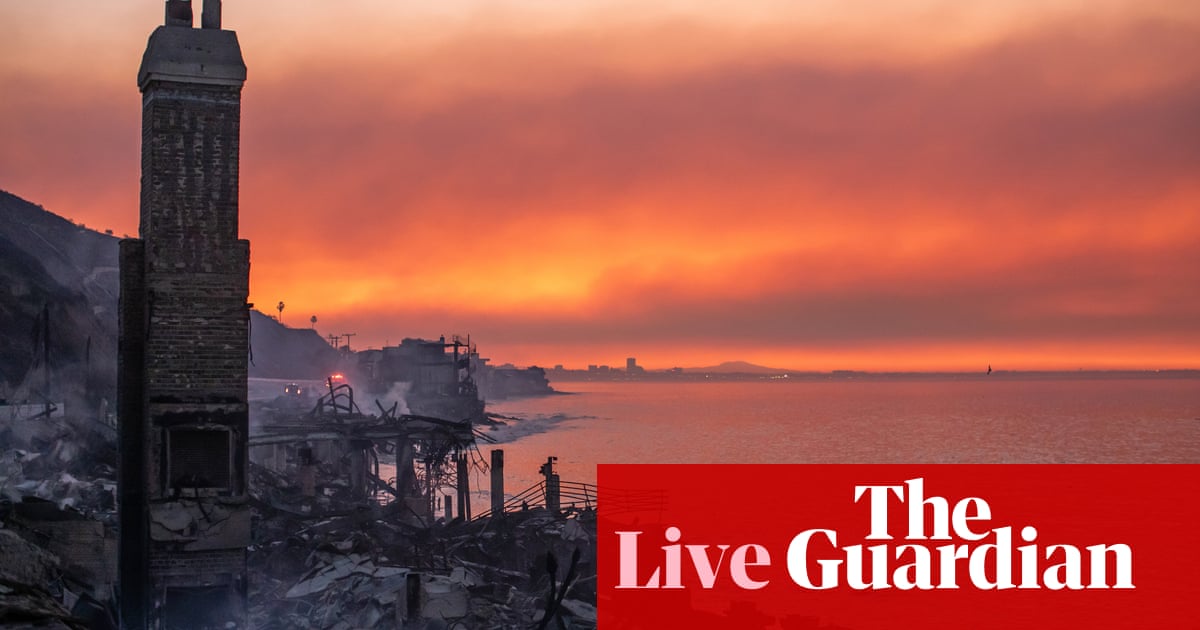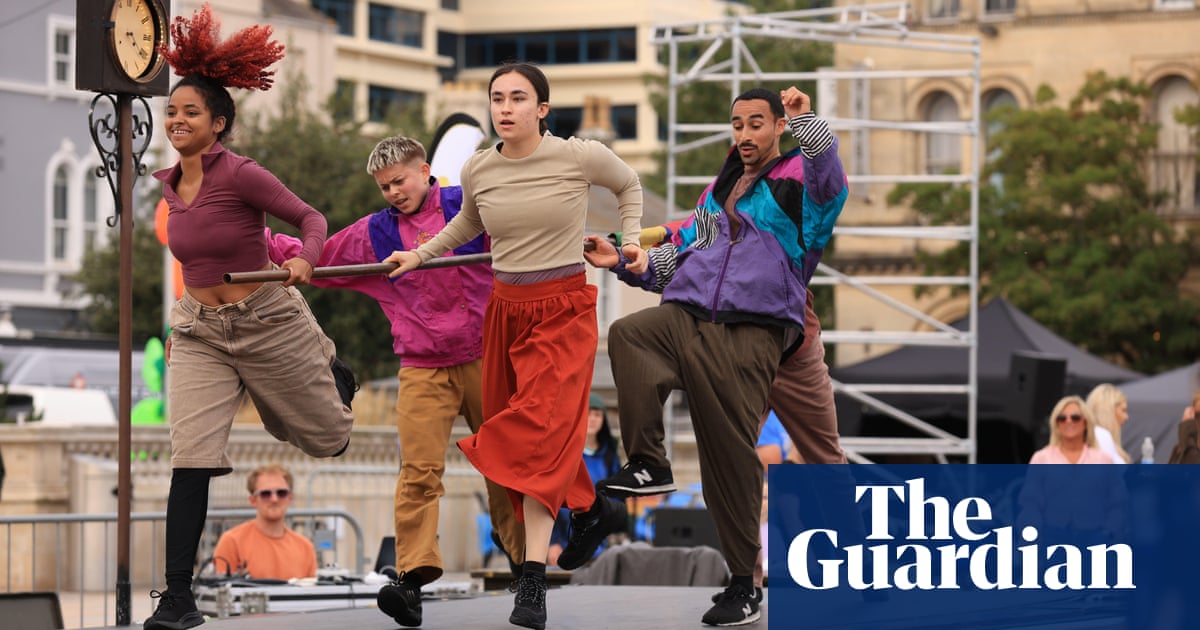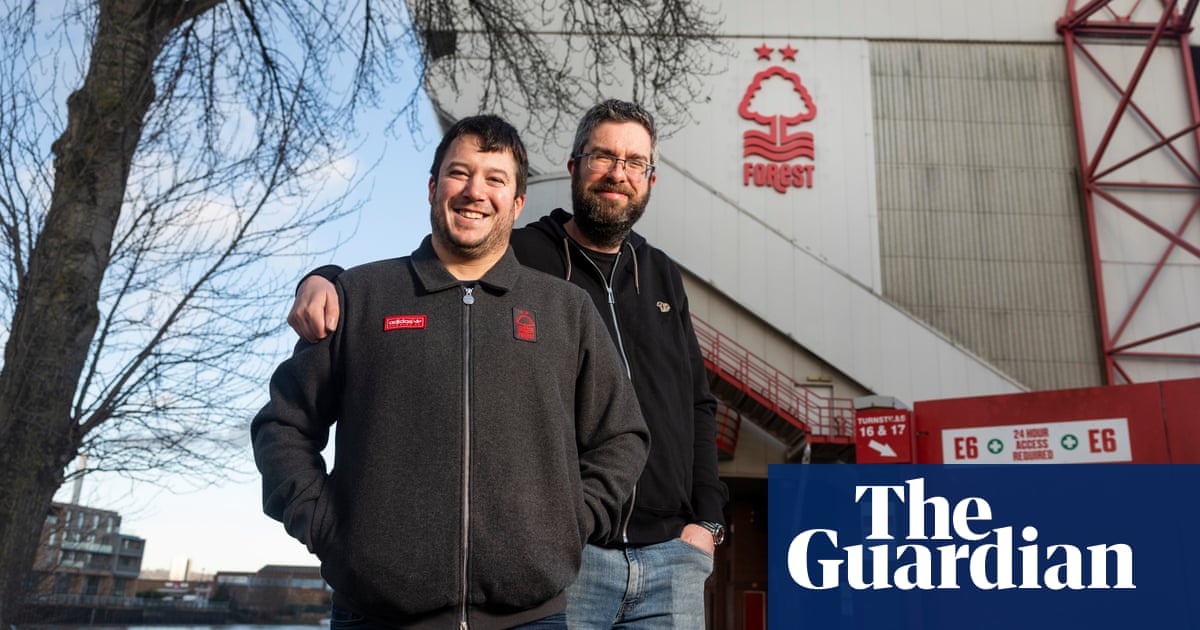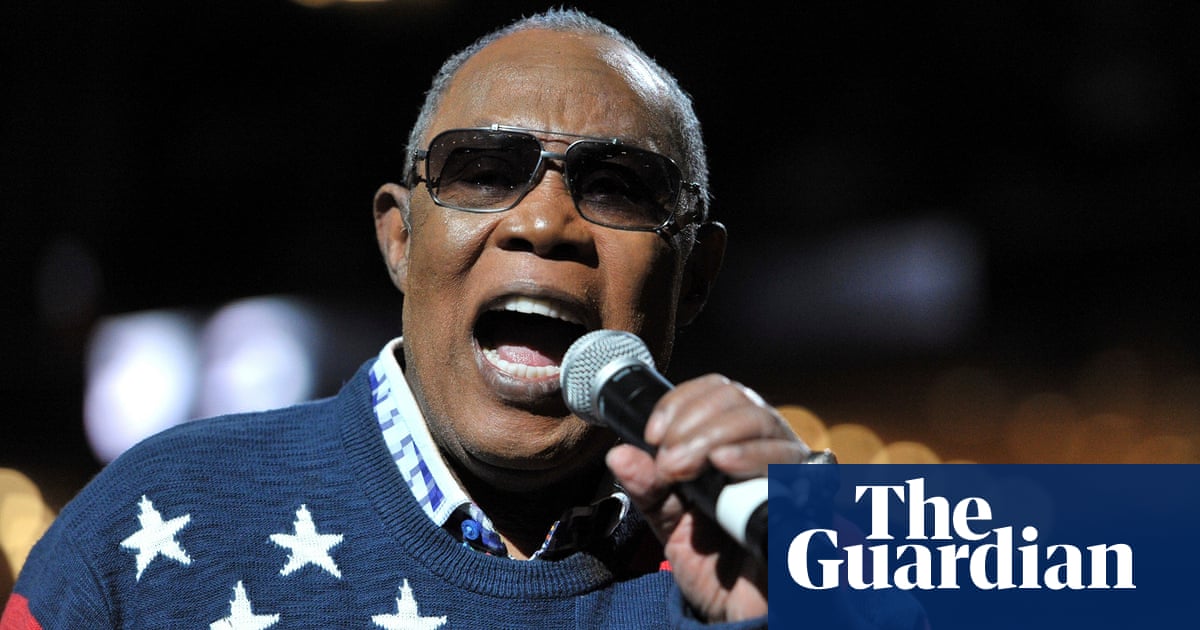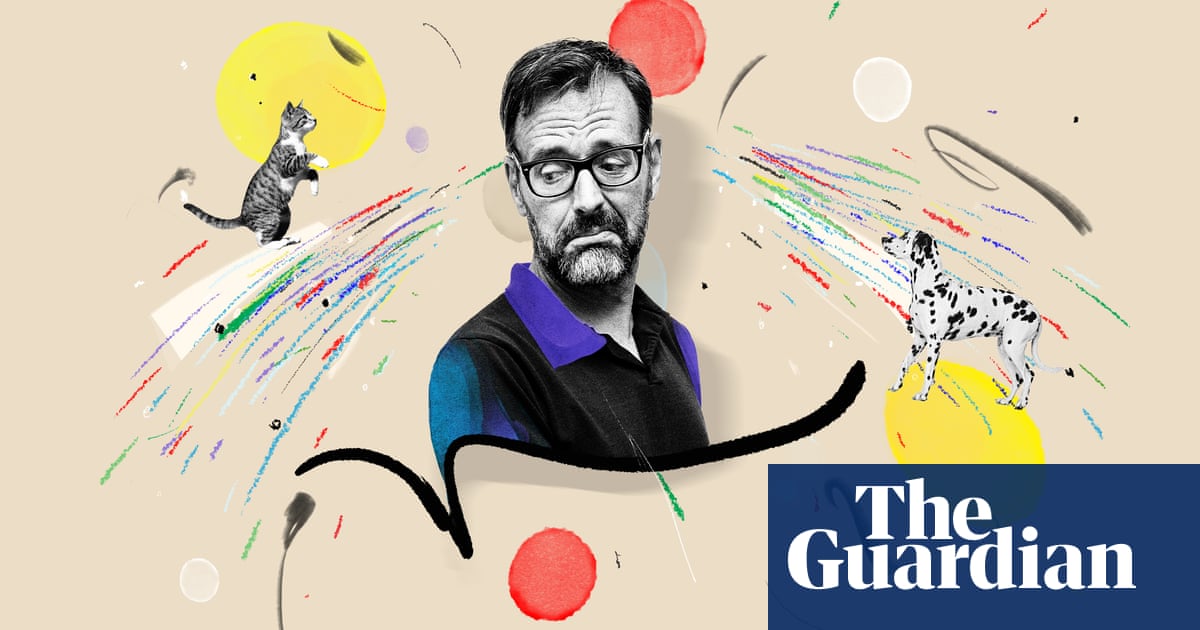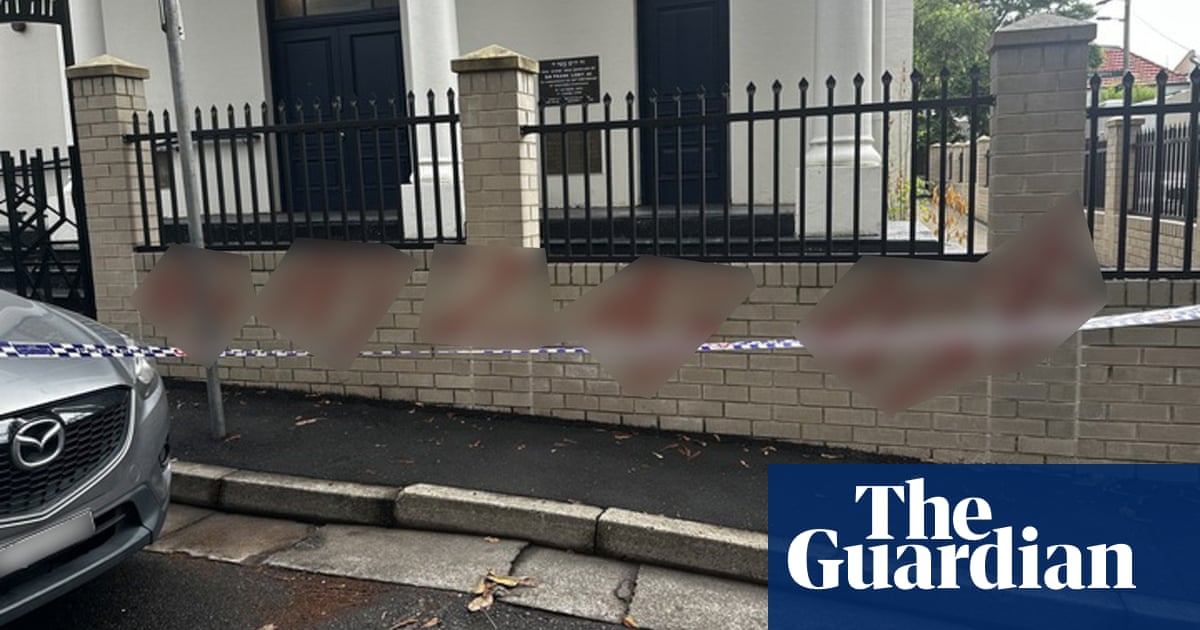In February 2023, I booked a one-way flight to Salvador in Brazil to see the carnival celebrations. Forty-four years old, physically fit after a long illness and with some savings set aside, I had decided to spend 116 days travelling around South America, a continent I had dreamed of visiting. It was the same amount of time I had previously spent in hospital.
On my first day in Salvador I was robbed at knifepoint: I swiftly realised I had a lot to learn about travelling alone. I didn’t know much about where I was and had no plan for where I was going next but I wasn’t tempted to go home, because I had already been through much worse.
In April 2015, I underwent a stem cell transplant at St Bartholomew’s hospital in London. After being diagnosed with testicular cancer and undergoing chemotherapy, my immune system wasn’t working well and I suffered several infections. The doctors told me that a stem cell transplant was my best option for getting back to decent health so that I could keep fighting the cancer that had since spread to my chest and abdomen.

Yet, after a week in hospital, I began to deteriorate rapidly. The first infusion of stem cells, which had been harvested from my own blood (an autologous transplant), did not work, and I picked up infections that left me to drift in and out of consciousness. Over the next two months, my weight dropped to 45kg (7st) and I was in constant, excruciating pain. It was now a case of urgently trying to find a stem cell donor with cells that were a close match to my own to attempt a second transplant (which can work where a patient’s own cells fail; unfortunately my mother and brother were not a match).
The cancer was no longer an issue; it was my body’s immune system that would kill me. My family began to fear the worst. At one point, I remember coming round and seeing all the ward nurses standing at my bedside crying. They thought it was the last time they would see me and I wasn’t sure I had the strength to keep fighting. The doctors told me I had two weeks to live.
Then the Anthony Nolan charity miraculously found me a match who quickly underwent the painful procedure to harvest their stem cells. By July 2015, I was slowly beginning to recover. After spending more than two months in bed, I had to learn to walk again, and in August 2015, just days before my 38th birthday, I was discharged.

I emerged with a newfound respect for life and I realised I needed to make the most of whatever time I had left. My mind raced with ideas to run marathons and see the world, but first my body had to catch up: I could barely make it up the stairs to my first-floor flat.
I made contact with my stem cell donor to thank him and he replied with a note that told me to go and live my life, since that would be the greatest thanks he could receive. “It was my pleasure to donate,” he told me. “Embrace the future and live every day to the fullest.” It lit a fire in me to rehabilitate and to get out into the world, as well as to give something back.

By 2023, I was strong enough to travel, and even after I was robbed in Salvador, I was determined to continue. I worked my way through Brazil, Ecuador, Colombia, Argentina, Peru and Venezuela. I hiked up mountains and witnessed the most incredible wildlife in the Amazon. I was hardly ever alone – I made friends with fellow travellers from around the world, and was humbled by the generosity of local people when I stayed in their homes.
In Ecuador, I met an Alaskan called Craig who runs a hostel in the shadow of the Cotopaxi mountain, and he became my “ride or die” – meaning a person who is a kindred spirit. We went on hikes together, shared life stories and will always be friends now.
When I hit the 116-day mark, I was on a night coach travelling through Argentina and I thought: I can’t go home yet. There was too much left to see and the trip had become a life-affirming experience.
In total, I travelled for 414 days, passing through 10 countries, getting robbed three times and having one motorcycle accident. At one point, I got lost on a hike in Colombia and almost died of dehydration, but managed to find my way again. The Steve that came back wasn’t the Steve who left. Life is precious and I want to maximise it. I sometimes feel guilty that I am alive while friends and even my mother have since passed away, but I owe it to them to live.
I’m currently preparing to return to Ecuador to visit Craig and to finally summit Mount Chimborazo, the country’s highest mountain. I might not make it to the top but I can’t wait for the journey.

.png) 1 month ago
8
1 month ago
8

